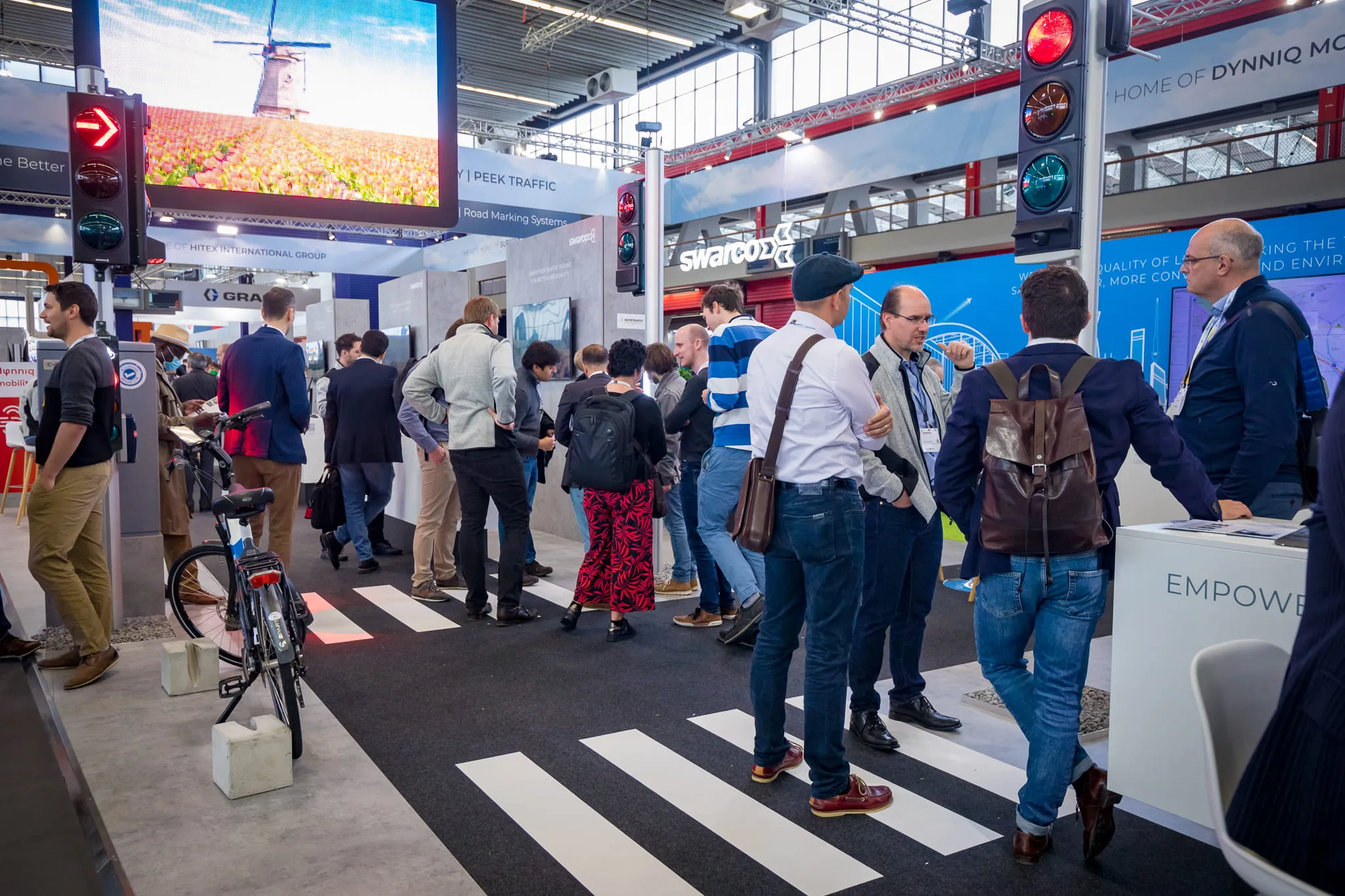IBM and Ireland’s Electricity Supply Board (ESB) are set to work together to deploy more integrated charging IT system for electric vehicles in Ireland. With 1,000 such public charging points now installed around the country, drivers will also be able to access all charging stations using an ID card. ESB Networks, which is currently rolling out the public charge points around Ireland, will be using IBM's Intelligent Electric Vehicle Enablement Platform to operate and manage these charge points. Apparently,
October 2, 2012
Read time: 2 mins
With 1,000 such public charging points now installed around the country, drivers will also be able to access all charging stations using an ID card. ESB Networks, which is currently rolling out the public charge points around Ireland, will be using IBM's Intelligent Electric Vehicle Enablement Platform to operate and manage these charge points. Apparently, Ireland will be the first country globally to implement such an integrated platform.
IBM says that the cloud platform will connect ESB Networks with energy retailers and the charge points, allowing all three to communicate energy usage and financial data directly.
One of the aims of the new system will be to provide analytics so that ESB Networks will be in a position to better forecast and balance the load on the power grid, helping to improve smart grid operations. ESB Networks will also have the capability to maintain customer and charge point data, such as energy consumption, charging location and settlement data.
"This project has the potential to significantly improve efficiencies in electric vehicle charging, streamline management services and contribute to the overall reduction of CO2 emissions," said ESB chief executive Pat O'Doherty today.
For electric vehicle (EV) drivers, IBM said its platform will allow people to select payment options and access all charge points using one ID card. The idea is to help users to aggregate usage costs and simplify billing. Drivers will also be able to use their mobile devices to locate their nearest charge point and check its availability.
IBM said the platform will also give ESB Networks the flexibility to add charge points, as well as integrate new functionality and support more electric vehicles as the market grows.
As part of its energy policy, Ireland has a goal to produce 40 per cent of the country's current electricity consumption from renewable sources by 2020 and for every tenth car on Irish roads to be electric.









